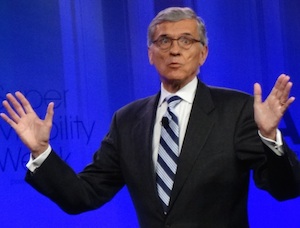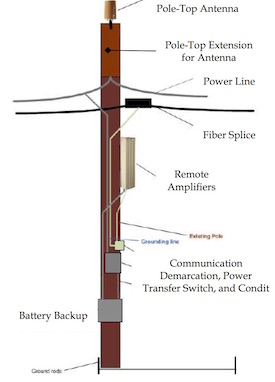San Benito streets aren't complete without broadband
![By Ltljltlj [Public domain], via Wikimedia Commons](https://www.tellusventure.com/images/2016/2/san_benito_county_g1.jpg)
Fiber marker.
What travels below roadways is as important to street and highway planning as what travels upon them. That’s the simple message in a complete streets policy developed and adopted in San Benito County, which is both the southernmost extension of Silicon Valley (reckoning by census bureau designations) and part of the Monterey Bay region in California.
Streets are more than just a place to drive a car…
… MoreSan Benito County recognizes that roadways provide mobility and access for travelers, and serve other functions that are important to the community.






![By brewbooks from near Seattle, USA (Shoveling manure) [CC BY-SA 2.0 (https://creativecommons.org/licenses/by-sa/2.0)], via Wikimedia Commons](https://www.tellusventure.com/images/2016/2/shovelling_manure.jpg)
![By Foto de Tech. Sgt. Cherie A. Thurlby, USAF [Public domain], via Wikimedia Commons](https://www.tellusventure.com/images/2016/2/dolly_parton.jpg)

![By Andrew Currie [CC BY 2.0 (https://creativecommons.org/licenses/by/2.0)], via Wikimedia Commons](https://www.tellusventure.com/images/2016/2/cat_box.jpg)